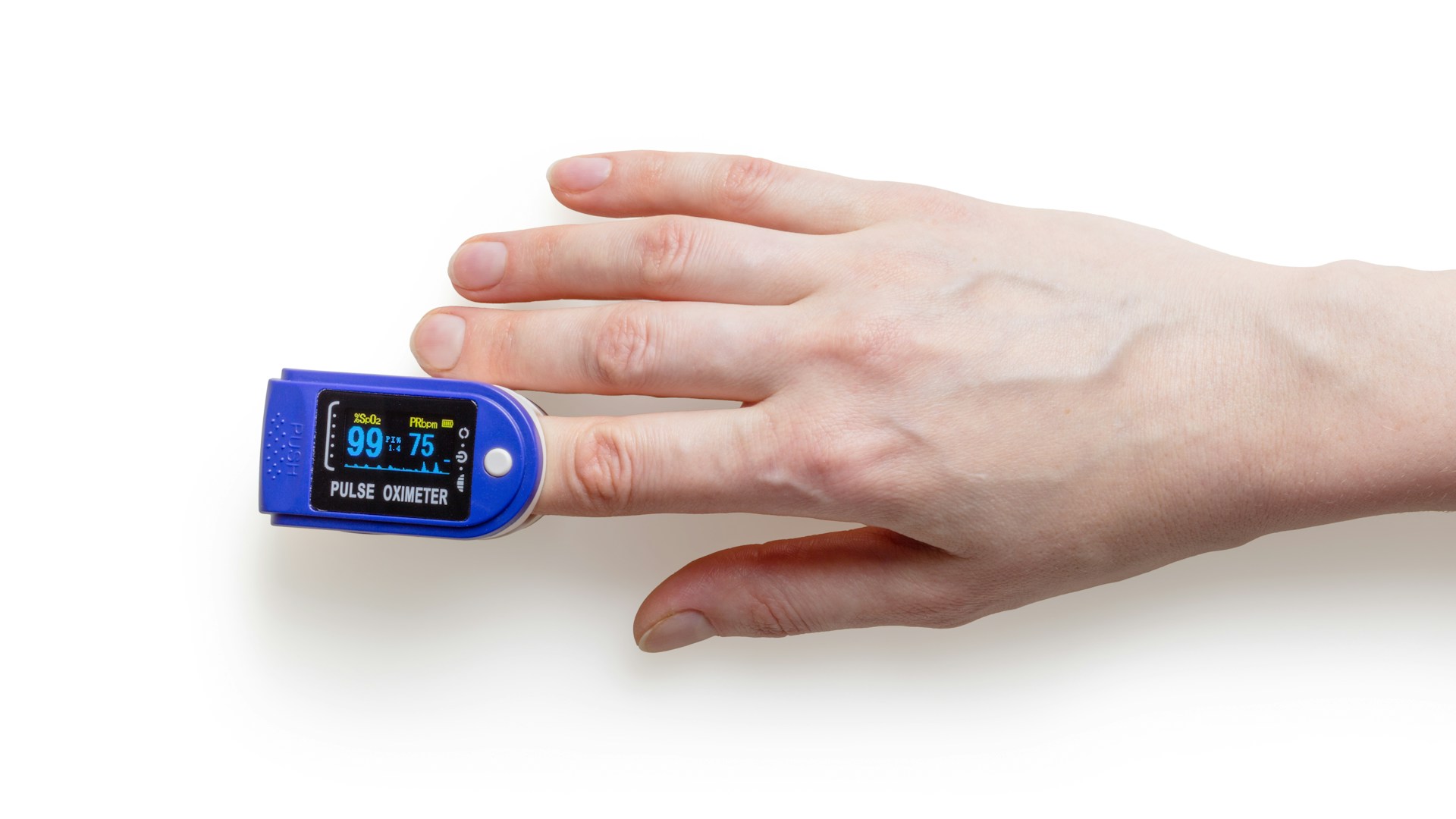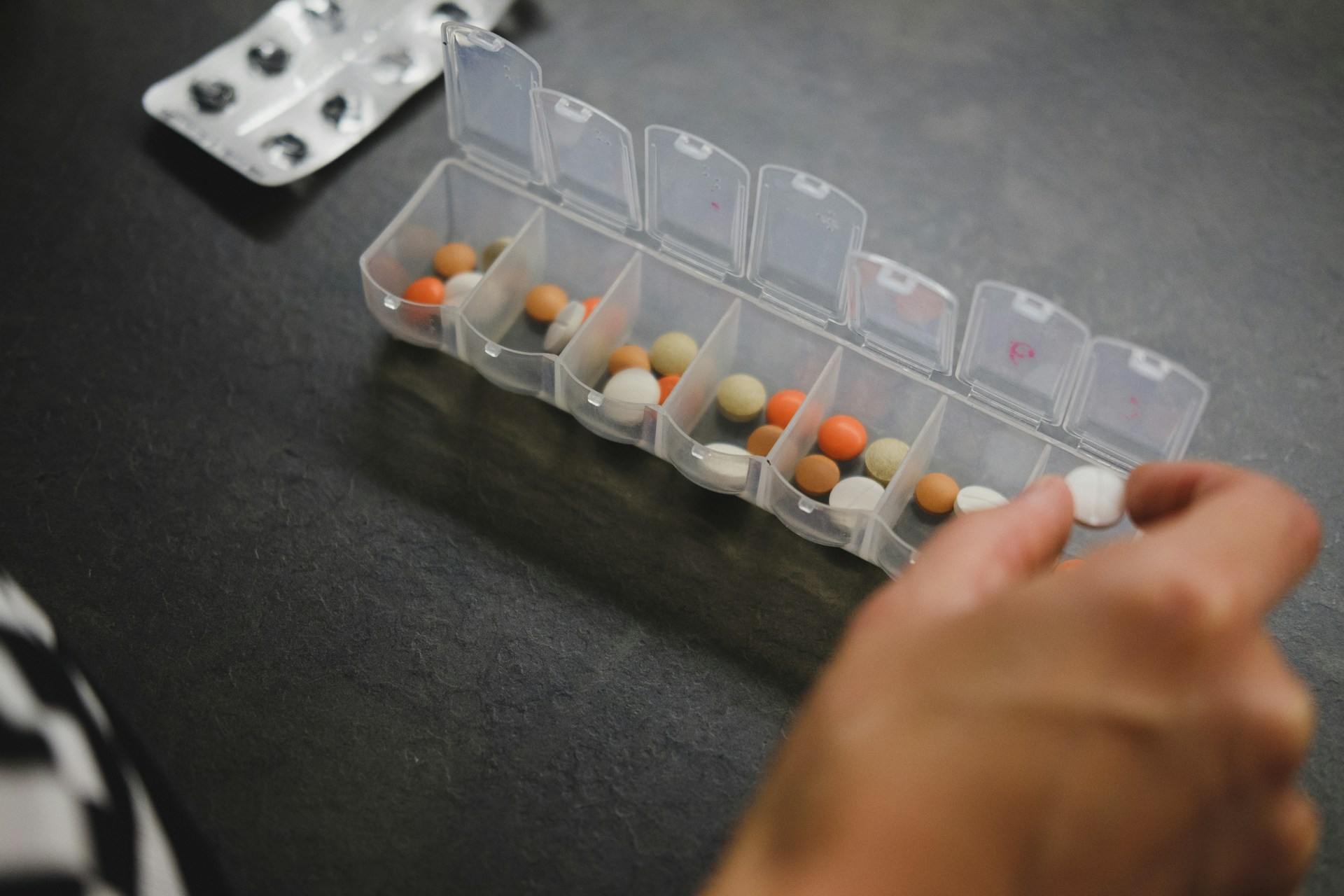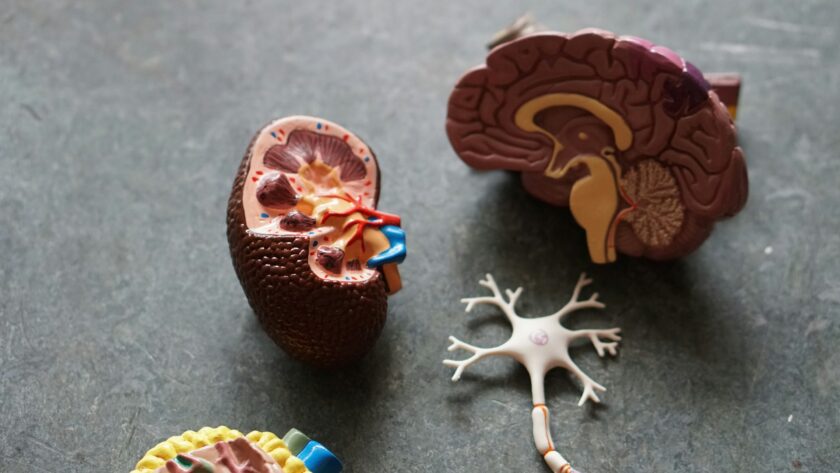Millions of people worldwide are impacted by the widespread and progressive health condition known as chronic kidney disease (CKD). Its sneaky character comes from the progressive loss of kidney function, which can trigger a series of dangerous health issues if neglected. Although medical interventions play a critical role in the overall management of chronic kidney disease (CKD), patients can also benefit greatly from a variety of lifestyle modifications that they can incorporate into their daily routines. By significantly slowing down the condition’s unstoppable progression, these lifestyle modifications can ultimately improve the general quality of life for those who are affected by CKD. You’ll learn more about six essential lifestyle changes that people with CKD can easily incorporate into their daily lives in this in-depth article.
Dietary Modifications
The foundation of caring for chronic kidney disease is careful food adjustment. People with chronic kidney disease need to be extremely watchful of what they eat, especially when it comes to protein, potassium, sodium, and phosphorus. This calls for establishing a cooperative relationship with a licensed dietitian who can develop a customized nutrition plan that carefully considers the patient’s particular dietary needs while also steering clear of items that could worsen kidney damage. A balanced diet becomes an invaluable tool for managing blood pressure and reducing kidney stress, which effectively slows down the unstoppable progression of chronic kidney disease.
Blood Pressure Control

CKD is frequently accompanied by hypertension, which poses a dual threat by raising the risk of subsequent complications, particularly cardiovascular diseases, while also hastening kidney damage. Blood pressure control lifestyle changes include judiciously cutting back on salt intake, exercising and dieting to maintain a healthy weight, getting regular exercise, and consuming less alcohol. However, some medications prescribed by a healthcare provider may be necessary to include to achieve target blood pressure levels. The best strategy for controlling hypertension in patients with chronic kidney disease (CKD) is a combination of pharmacological intervention and lifestyle modifications.
Fluid Management
Managing fluids effectively becomes another essential component of CKD care. The kidneys’ impaired capacity to control fluid balance emphasizes how crucial it is to keep an eye on fluid intake and customize it to meet specific needs. Finding the ideal balance is vital because consuming too much fluid can cause uncomfortable fluid retention and visible swelling while consuming too little can cause dehydration. To ensure optimal kidney function, it is critical to collaborate with healthcare providers to determine the appropriate fluid intake tailored to the patient’s condition. If you do that, you’ll be able to learn more about your condition and that can help you do wonders when it comes to successfully identifying and treating the CKD early, which is why you should start paying more attention to fluid management today!
Regular Exercise
Regular exercise is an essential part of the treatment of chronic kidney disease (CKD) because it has many advantages, such as controlling blood pressure, helping people maintain a healthy weight, and improving cardiovascular health in general. There are many advantages to participating in moderate-intensity physical activities like cycling, swimming, or brisk walking. But before starting an exercise program, people should be cautious and prudent and consult with their healthcare providers. This is because the appropriateness of an activity and its level of intensity can vary greatly depending on an individual’s limitations and requirements.
Smoking Cessation
In the fight against chronic kidney disease (CKD), smoking poses a serious threat because it increases the risk of the disease’s progression and exacerbates its associated complications, especially cardiovascular diseases. One of the most important steps toward enhancing general kidney health and lowering the risk of future damage is committing to stop smoking. Healthcare professionals are well-positioned to assist people in their efforts to stop smoking by providing a wide range of tools, support systems, and cessation techniques. For CKD patients, treating this modifiable risk factor can significantly improve their long-term prognosis.
Medication Management

One of the most important aspects of CKD care is the prudent management of medications, since certain drugs may need to be changed or stopped to stop further damage to the kidneys. Fostering an open line of communication with their healthcare providers is crucial for people with chronic kidney disease (CKD), as it ensures a comprehensive review of all prescribed and over-the-counter medications. You need to find your inner peace and learn how to tone down noise. This cooperative strategy ensures that drugs stay safe and don’t put CKD patients at risk in the first place. An integrated approach to medication management is essential for maximizing kidney health and general well-being.
Modifications to one’s lifestyle can significantly impact the way Chronic Kidney Disease is managed. These lifestyle modifications not only improve their general quality of life but also significantly lower their chance of developing crippling complications. The cornerstone of this life-changing experience is the cooperative relationship with healthcare providers, who create customized plans to meet individual needs. In the end, these lifestyle modifications give CKD patients hope and a clear path to a better, healthier future, enabling them to live healthier, more fulfilled lives despite the condition’s omnipresence.



